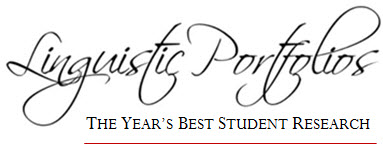
Abstract
Does the speech style used in producing vowels affect intelligibility? The question is worth asking because, in running speech, vowels have been found to play a greater role in intelligibility than consonants (Kewly-Port et al. 2007:2374 and Fogerty and Humes 2012:1500). Yaeger, a former member of Labov’s research team (1975), claimed that the acoustic correlates of vowels vary greatly according to speech style. Ladefoged et al. (1976) disagreed and noted that the core acoustic correlates of vowels remain pretty much invariable, regardless of speech style. Evidence, either pro or con, has implications for how humans ought to interact with AI-enabled devices such as Siri, Alexa, Google Voice. We re-examine this unresolved issue on the basis of a comprehensive analysis of the 11 phonemic monophthong vowels of English produced by 22 speakers of American English (19 from Central Minnesota and 3 from Western Wisconsin). The acoustic correlates studied are F0, F1, F2, F3, F4, intensity, and duration. Just Noticeable Difference (JND) thresholds corresponding to each correlate are used to answer the research question. The findings discussed in this paper and the conclusions reached are based on 10,164 measured vowel tokens.
Creative Commons License

This work is licensed under a Creative Commons Attribution-NonCommercial-No Derivative Works 4.0 International License.
Recommended Citation
Koffi, Ettien and Krause, Jessica
(2020)
"Speech Style Variation of Vowels in Citation Form vs. Running Speech: Intelligibility Implications for AI-Enabled Devices,"
Linguistic Portfolios: Vol. 9, Article 6.
Available at:
https://repository.stcloudstate.edu/stcloud_ling/vol9/iss1/6


